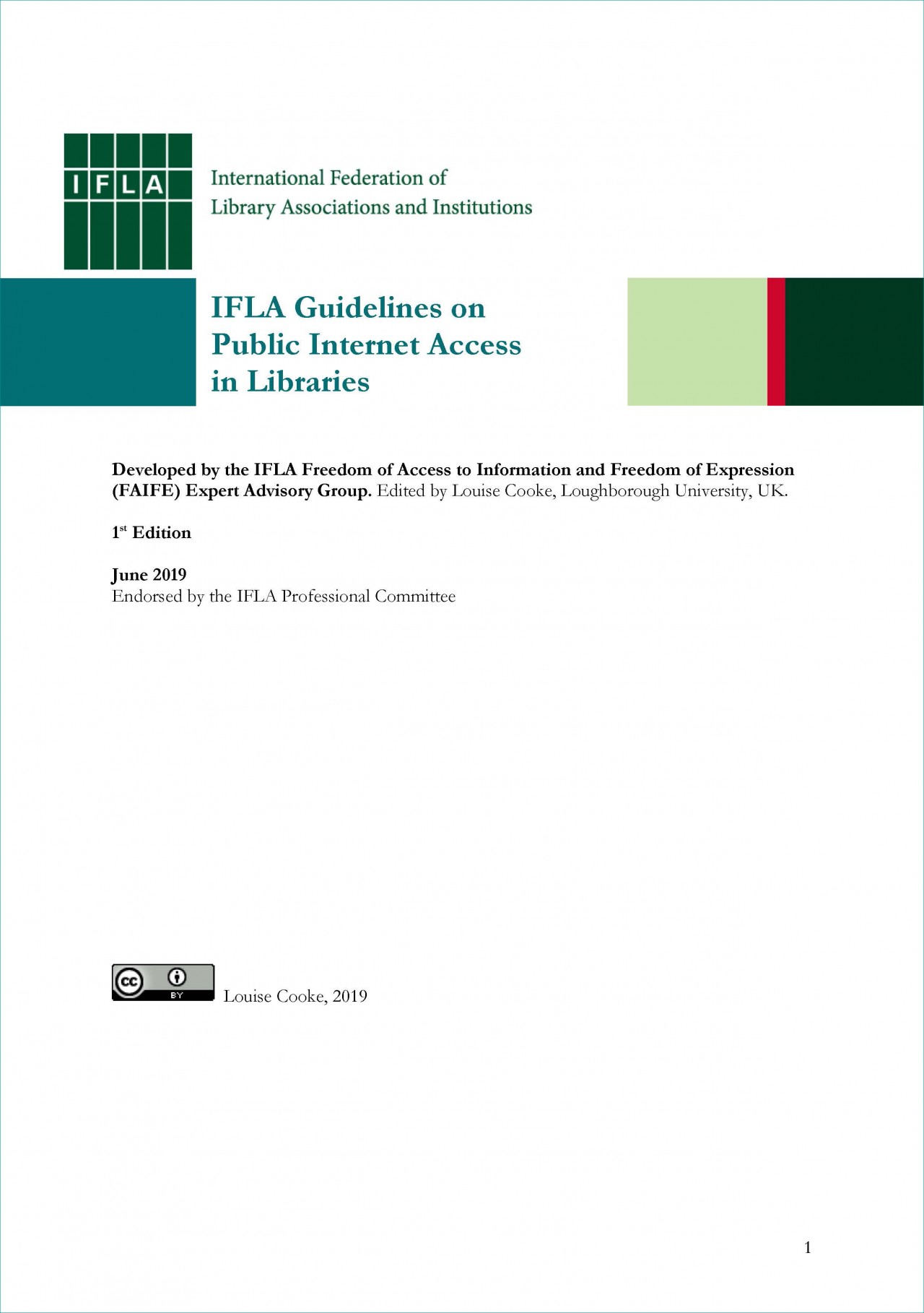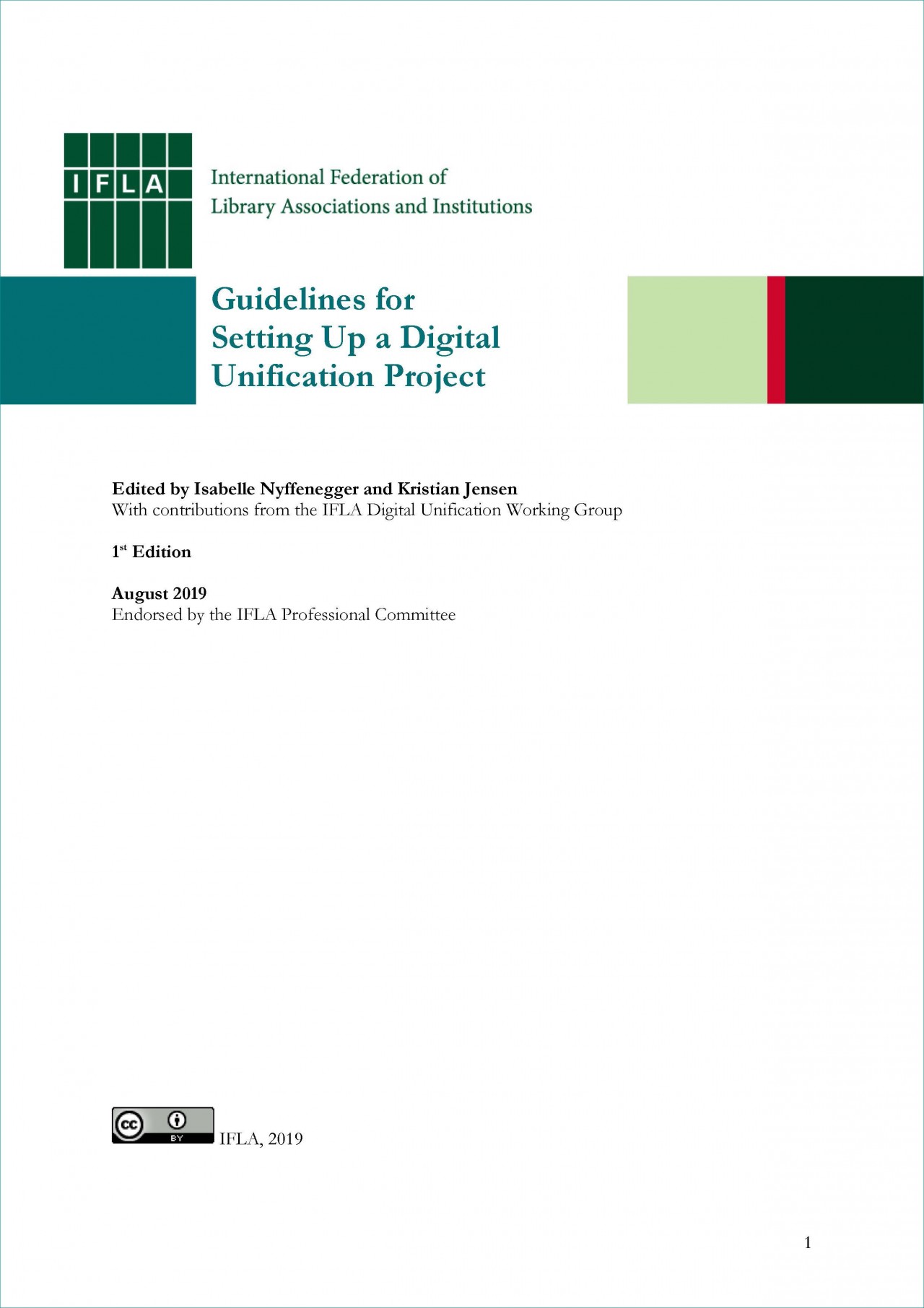Just released: two new IFLA Standards
05 февраля 2024
Just endorsed by the IFLA Professional Committee.
Guidelines on Public Internet Access in Libraries
IFLA’s new Guidelines on Public Internet Access in Libraries offer both a firm reiteration of support for the value of such access, but also practical guidance in dealing with the issues that this may raise. It acts as a checklist, establishing principles and sharing examples which should serve as reference points for libraries globally.
Access to the internet provides a major opportunity for libraries – and in particular public libraries – to expand their offer of access to information, and so the value they provide to users.
They have brought new audiences to our institutions and allowed for the development of new services and types of support, building on the existing expertise and values of library and information workers.
Nonetheless, limitations on resources, pressures from community members, laws, and the attitudes of library and information workers themselves may affect how much of this potential can be realised.
Drawing on extensive research, as well as views from across IFLA sections and around the world, the new Guidelines offer a practical checklist of issues, as well as principles and examples which can serve as a reference to library managers and others looking to let users get online.
The Guidelines were prepared by the IFLA Advisory Committee on Freedom of Access to Information and Freedom of Expression (FAIFE) under the leadership of Professor Louise Cooke.
Download
Guidelines for Setting Up a Digital Unification Project
IFLA’s Guidelines for Setting Up a Digital Unification Project provide a checklist, and recommendations, for libraries in the planning, delivery, and finalisation of projects to provide digital access to collections across distance and borders.
Libraries and archives throughout the world hold collections and individual collection items which are of great cultural importance to people everywhere. They document the inextricable interconnectedness of human history.
The full richness of these collections can often only fully be appreciated when they are brought together, yet traditionally, distance and borders have stood in the way of researchers and other users looking to take a comprehensive view.
However, technological advances now make it possible to bring together collections, giving digital access to citizens and researchers wherever they may be. In addition, they enable enhancements to be made, such as contextualisation and mediation, providing more value for users.
There is now a growing body of experience in such ‘digital unification’ projects. IFLA’s new guidelines on setting up digital unification projects draws on this in order to offer a checklist of issues to take into account when preparing, delivering, and finalizing an initiative.
The guidelines are the result of the work of an expert working group, chaired by Isabelle Nyffenegger (Bibliothèque Nationale de France, IFLA National Libraries Section), and previously by Guy Berthiaume (Library and Archives Canada, IFLA National Libraries Section).